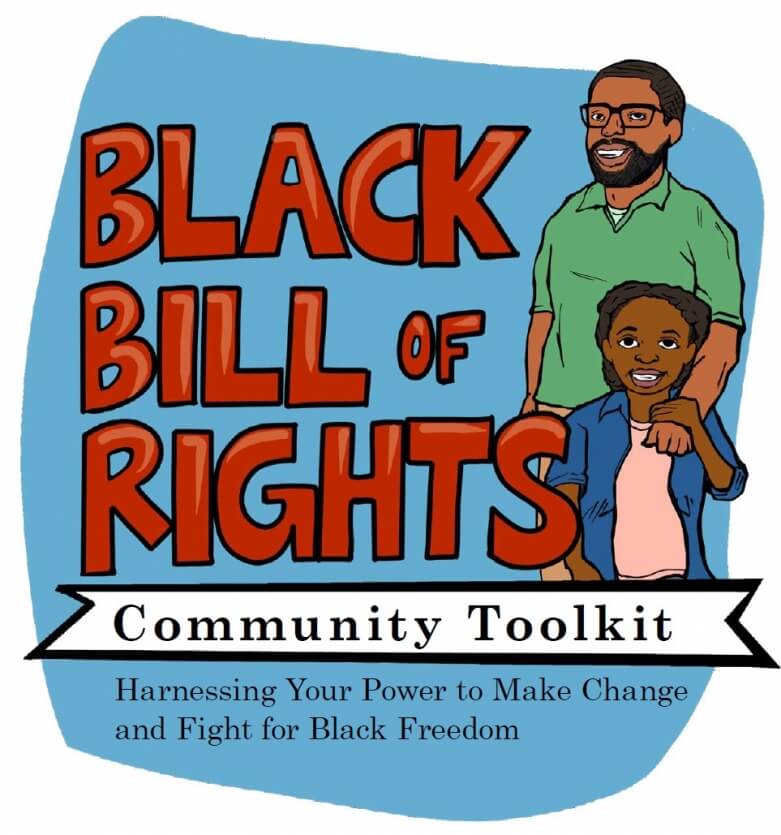Article Media

In 2021, we partnered with the Black Bill of Rights to develop a community toolkit for people seeking to address systemic oppression and anti-Black racism. The Black Bill of Rights is a resource hub that provides education, templates, and data for communities to take action and develop policies and practices that restore freedom and opportunity for Black people in the United States. It is an ever-evolving online place for Black leaders to share, learn from one another, and grow together.
You have the power to make change and fight for Black freedom
In the centuries-long movement for racial equity, Black change makers like Ella Baker, John Lewis, Opal Tometi and Tarana Burke have employed the tried and tested strategies of community organizing to bring people together to tip the scales of justice and alter the course of history. Whether it was another organizer who invited them to a community meeting, hearing the stories of abuse and violence their loved ones face, or robust campus organizing, each of these change makers and the many others before and after, turned injustice into a spark for action. They built on that action by joining with others to propel the civil liberties movement of the 1960s, the mutual aid infrastructure of the 1970s, and the racial justice uprisings of 2020. The actions these organizers take are uncomplicated: they’re focused on the needs of the community, story-telling, skill-sharing, bringing people together, and relentlessly advocating for Black freedom and justice.
This toolkit covers the basic steps a community organizer like you can take to build power.
When facing entrenched systems built on racism, it can be hard to identify the mechanisms by which you—an everyday person—can bend the system towards freedom and justice. This toolkit walks you through the steps you can take to make change happen, looking at organizing through the lens of power: understanding the existing structures of power, building power through relationships and outreach, and exercising power through strategic campaigns and strategies. Advocacy is hard work, but it is made less hard when we organize in community with one another, build on our collective strengths, and sustain ourselves for the long-fought effort for racial justice. Together, we can win.
